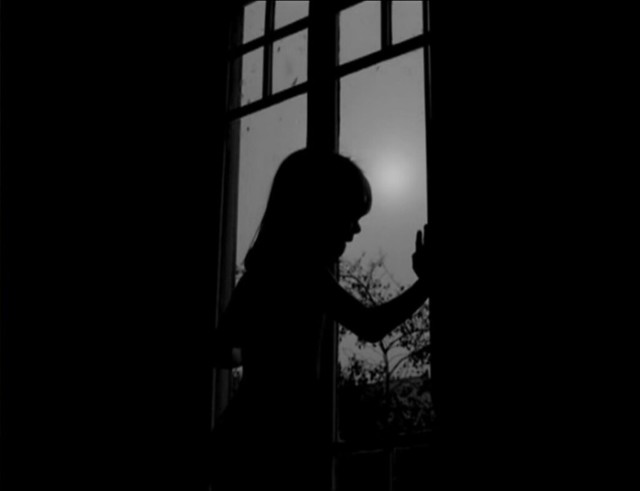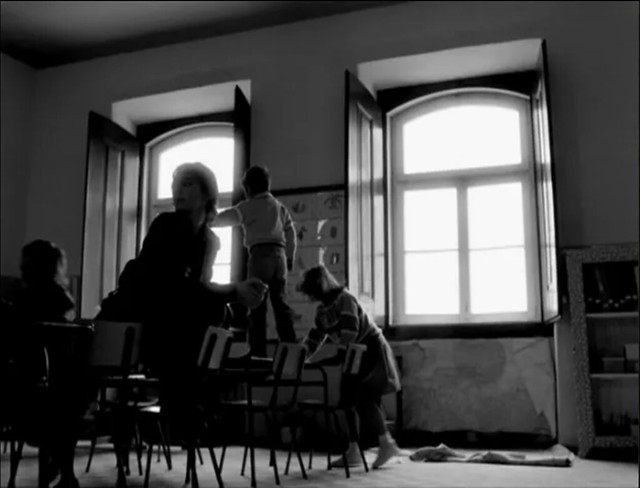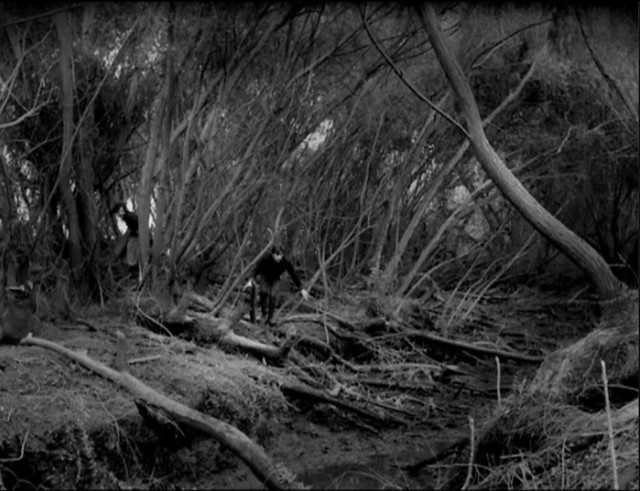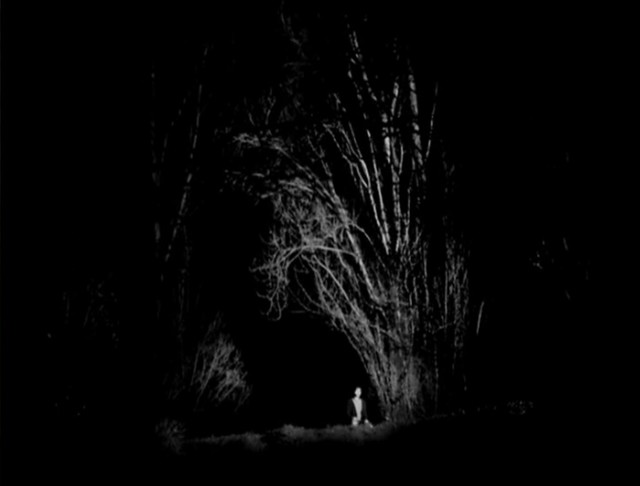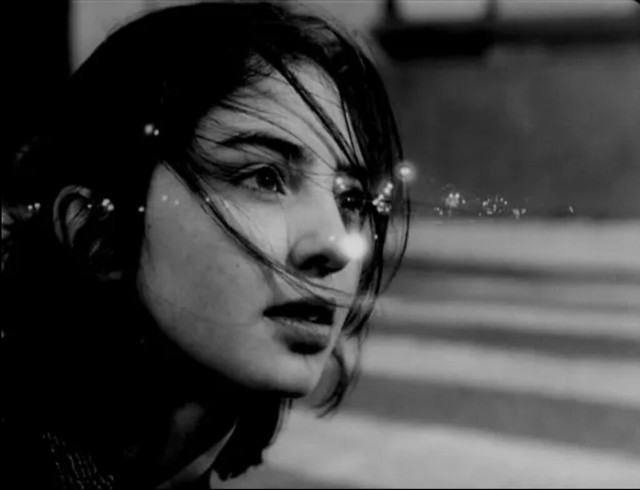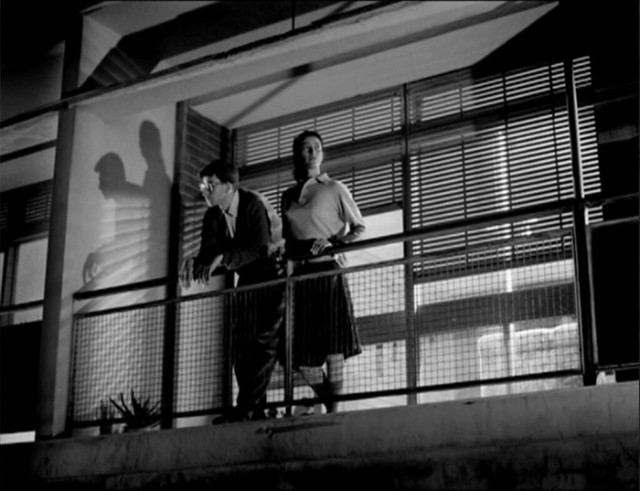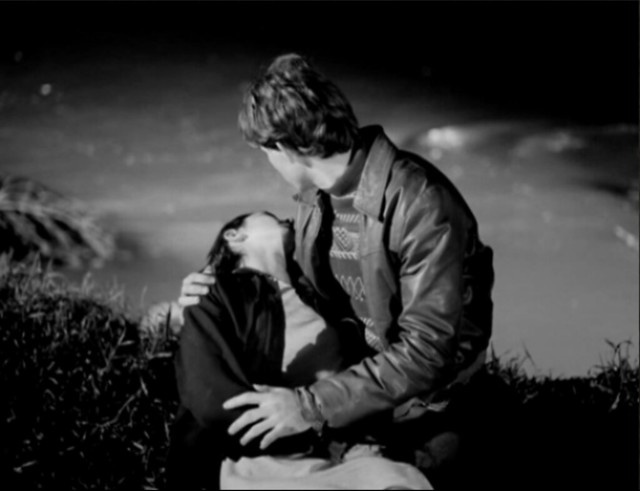Previously published in Oct. 2014. The Wonders opens theatrically in Oct. 30th.

Alice Rohrwacher's
The Wonders (
Le Meraviglie), a dramedy about a rural Italian agrarian community, took home the Grand Prix at this years Cannes Film Fest. It's an amazing feat considering it's only the second feature of a 33 year old director. So I was expecting a mousy, serious artist type. Bur Rohrwacher turns out to be a bright, spunky, rambunctious young woman with a great sense of humor. As we talked about her film making, it was hard not to fall for her. Thank you Alice, you made my day.
There always seems to be a sibling rivalry in your films. How much of it is based on your relationship with your older sister (Alba Rohrwacher of I AM LOVE, DORMANT BEAUTY)?
Alice Rohrwacher: Not so much. I'm always fascinated by the relationship between brothers and sisters. My sister is the most important person in my life and this is something very personal. But I didn't make this film to analyze our relationship. If I wanted to analyze our relationship, I would've just gone on a vacation with her. I wouldn't have gone all the trouble putting together a production, crew and getting finance and all that.
How was directing Alba? I mean, now she is becoming a big star in Italian cinema.
First of all, it was marvelous really. Let me say that I choose to work with good people. My sister is a really great person so the first step was already completed. She is a great actress with a lot of irony and a lot of imagination. The most important thing is that I've never had an opportunity working with someone who had same imagination before. My sister and I do share the same imagination.
[She stops her interpreter at this point to clarify. She gets very animated.]
Not imagination but a set of imaginations. The collection of the world that we share. In any films, there is going to be autobiographical elements in the images you use and the archetypes you draw on to create those images. Let me give you an example: Let's say I tell an actor to wash dishes and they'll start washing dishes. And I say, "No what are you doing? That's not how you wash dishes!" "First you do the glasses and the plates." When I give directions to my sister to wash dishes, she will do exactly the way I'd do the dishes. [we laugh]
So having her there is both surprise and also confirming something. It was a great experience.
The character of the father, Wolfgang really fascinated me. Did you base him on someone you knew? Is it German characteristics in him that make him that way?
I'm very glad you asked that question because most men are afraid of the figure Wolfgang. He represent a kind of phantom, a masculinity. He is a self-righteous man. But like any self-righteous men, he fears two things about himself: being ridiculous or being violent. The press often talks about Wolfgang being German, but I don't think that's really true. The truth is that he speaks German very badly. He doesn't speak any language well - he speaks German badly, Italian badly and French badly. So in a certain sense he speaks nothing. He is a person who knows what he wants to say but doesn't have the words to say it. He is a foreigner. He is a foreigner par excellence. You can tell the way he speaks languages that he's lived in many different countries but he doesn't speak any of it properly.
I didn't quite get Wolfgang's fascination with the end of the world. Why is he so obsessed with that? Can you give me a backstory on that?
It's mine. [We laugh]
[In English]It's going to be worse and worse my friend! So we need a lot of humor.
I agree.
It seems in your films, Italy is a very conservative society. Religion is still a big part of life and I am wondering if that affected you growing up.
But I would say the right of the conservative, I think they lost. They really don't know what to conserve. It's like some were to write a book and don't know what to put in it. Or to set the table they don't know where to put the silverware or dishes. They don't know what to save or what to throw away. It's all lost in the mess. There are no good or bad people, they are all lost in the same boat, attaching the cult of tourism as kind of a redemption.
There are some big actors in this film, Monica Bellucci and also Sabine Timoteo, of whom I am a big fan. How did you get them involved?
I went looking for them. I recognized them when I saw them. [Laugh]
Monica, she is an actress I admire very much but i wanted to look at her with wide open eyes. I mean she's been given this label , the iconic beauty. so I wanted to open that Pandora's Box. So I put her in the film. And she is very ironic about the way men look at her and she can joke about that. Although everything is fiction, her presence kind of created a different dynamic because people knew that she was coming, there was sort of excitement in the village and all around it. It brought in the true element into the film. Sabine, I like her films a lot and when I met her I had no doubts about her.
And Sabine just said yes?
I think it's important that we create a very collective atmosphere. Before shooting I let everyone come in and live in my house and for children, we basically created a family. And I think Sabine was very generous.
How difficult was it shooting with live animals - bees, a camel, cows all that livestock?
The worst animal is the men. [we laugh]
If you can shoot human beings, you can shoot anything.
It seems that there is a resurrection of Italian cinema in recent years. I am wondering if this is helping you to fund your projects and making things easier for you?
[Coyly]Speriamo (I hope so).
The theme of being foreigners, about being immigrants in a foreign country. Is it something you always have in the back of your mind when you write your scripts?
I always like hybrids. People who are in the border area. Whether the border be age, geographical place, I find these junctures interesting. And it might also depend on the fact that I too am of a double ethnicity. But I hope it doesn't depend only on that. I don't know if you know the book called the
Island of Arturo by Elsa Morante. It's one of my favorite books. It's a great source of inspiration for me: what she talks about what it means to be a mixed blood. She says that you are living with this mixed destinies inside of you. There is a man, a thief, looking for treasure everywhere not knowing the treasure is already on his back.
What's next for you?
It's hard to say because I am still in the writing stage. But it's going to be about some kind of community- in
Corpo Celeste, it was church and in
The Wonders it was agrarian community. Here again will be another community but I still don't know who they will be. It's too early to say. But what it is in the world that moves me, that attracts me, that also pains me, is the way people live together.
I'll seek out that book. I'll read it. Thank you very much. Your presence really made my day. You are so vibrant.
Oh no I feel so tired this morning but I am very happy.
The Wonders opens in New York on Friday, October 30 at Lincoln Plaza Cinemas with a national rollout to follow.

